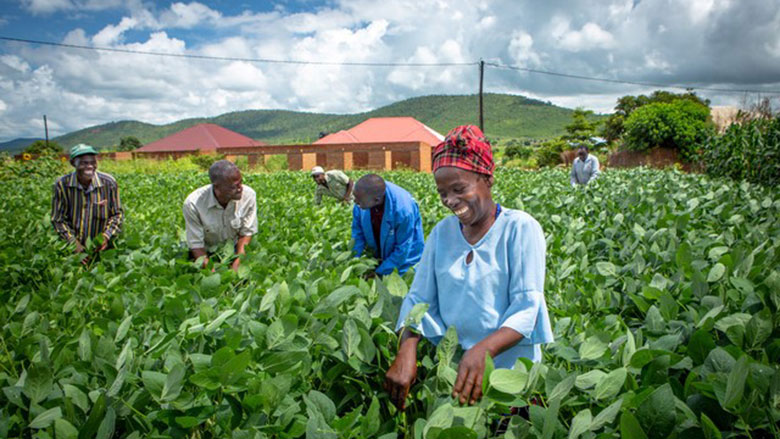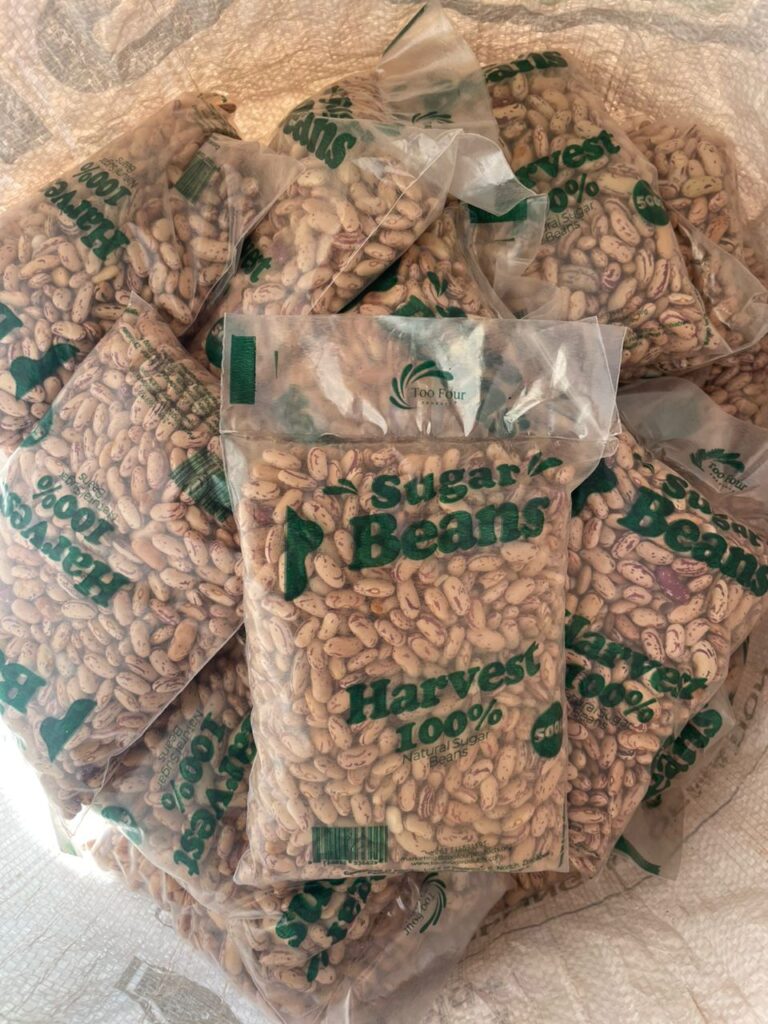The Resilience of Zambia’s Farmers: Feeding a Nation Against the Odds
08 Dec 2024

Zambia’s agricultural sector plays a vital role in sustaining the nation, contributing significantly to food security and economic growth. Despite facing numerous challenges, Zambian farmers demonstrate extraordinary resilience and commitment to feeding millions of people.
A Backbone of Food Security
Smallholder farmers dominate Zambia’s agricultural landscape, producing over 70% of the country’s staple crops like maize, millet, and cassava. Agriculture employs around 50% of Zambia’s labor force and contributes 19% to the country’s GDP. In addition to staples, farmers grow vegetables, such as cabbage and tomatoes, and cash crops like tobacco, cotton, and sugarcane, contributing to export revenues
.

The Challenges They Face
Climate Change: Zambia is highly vulnerable to erratic weather patterns. Prolonged droughts, floods, and unpredictable rainfall directly impact crop yields. In recent years, droughts have led to significant maize shortages, threatening food security.
Access to Resources: Many farmers lack access to essential resources like quality seeds, fertilizers, and modern farming equipment. Limited financial support exacerbates these challenges, as credit access remains scarce for smallholder farmers.
Infrastructure Issues: Poor roads and limited storage facilities hinder farmers’ ability to transport and preserve their produce, leading to post-harvest losses.
Market Inequities: Fluctuating market prices for crops and competition from imported goods make it difficult for farmers to earn stable incomes.
Land Tenure Challenges: Unclear land ownership rights can discourage investment in long-term agricultural development.
Resilience and Determination
Despite these obstacles, Zambian farmers consistently rise to the occasion. Many are embracing innovative practices, such as conservation farming, which improves soil fertility and water retention. Organizations and government initiatives are promoting irrigation systems and climate-resilient crops to combat adverse weather conditions.
Cooperative societies are empowering farmers to negotiate better prices and access markets more effectively. For instance, maize farmers, supported by the Food Reserve Agency (FRA), ensure national food reserves remain stocked, even during difficult seasons.
Empowering Zambia's Farmers
To sustain this resilience, continued investments in the agricultural sector are critical. Key strategies include:
- Expanding irrigation infrastructure to reduce dependence on rain-fed agriculture.
- Providing affordable credit and subsidies for seeds and fertilizers.
- Strengthening farmer cooperatives to improve market access.
- Investing in roads and storage facilities to reduce post-harvest losses.
- Implementing policies that address land tenure issues.
A Bright Future
Zambia’s farmers embody resilience and determination, ensuring the nation remains fed despite numerous challenges. Their efforts not only sustain the country but also highlight the untapped potential of agriculture to drive economic growth and prosperity. By supporting these hardworking individuals with the right resources and policies, Zambia can unlock a future where its farmers thrive and the country achieves greater food security.
